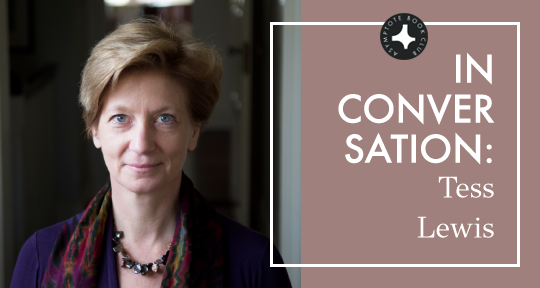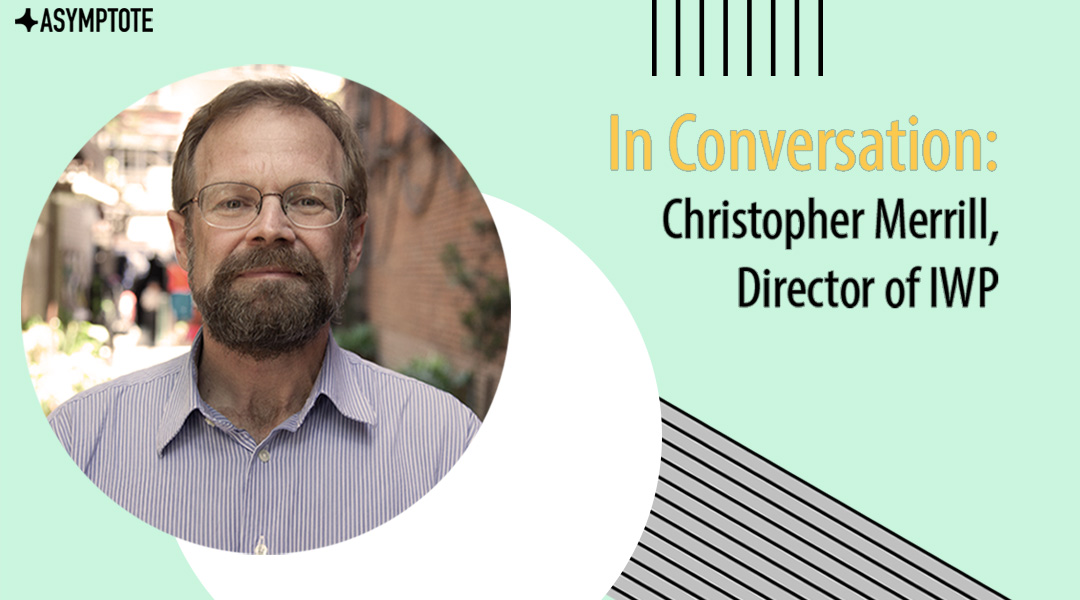This week, our editors are introducing the most exciting literary voices with prize winners, debut novels, and familiar favourites. From El Salvador, a millennial writer wins the prestigious Mario Monteforte Toledo Award for a short story critical of the Salvadoran regime; from the Francophone, the latest winner of the unconventional Sade Prize is announced; and from Palestine, a lament as beloved poet Mahmoud Darwish is missed for the Nobel.
Katarina Gadze, Editor-at-Large, reporting from Belgium
This week, we’re taking a look at some of the eagerly awaited literary events that have been making waves in Belgium. Brussels has recently come across a number of interesting literary events: the closing event of Poetik Bozar, with an evening of reading and performances of Warsan Shire and her translators Radna Fabias (Dutch) and Sika Fakambi (French); the upcoming The wonders of multilingualism #3: to translate or not to translate?; as well as the Writers & Thinkers stage at the Bozar centre, a richly filled series of talks and debates welcoming some of the greatest contemporary voices such as Orhan Pamuk, Rachel Cusk, and Ian Kershaw.
A handy digest of the week’s Belgian literary news would also not be complete without mentioning some well-deserved prize winners. After an initial selection of forty books, the Hors Concours prize has revealed its shortlist with only five novels remaining in the running. As a “prize for publishing without a price,” the Hors Concours honors French-language books of fiction published by independent publishers—giving the rarely awarded authors a chance to access a larger audience in the competitive Francophone publishing landscape. Among the five books still in the running for the prize is Belgian writer Veronika Mabardi’s story Sauvage est celui qui se sauve, published this January by Esperluète. Other titles include: Le bord du monde est vertical by Simon Parcot (Le mot et le reste), L’arbre de colère by Guillaume Aubin (La contre-allée), Histoire navrante de la mission Mouc-Marc by Frédéric Sounac (Anacharsis), and Il n’y a pas d’arc-en-ciel au paradis by Nétonon Noël Ndjékéry (Hélice Hélas). The announcement of the winning novel, as well as the honorable mention, will be made on November 28. READ MORE…



